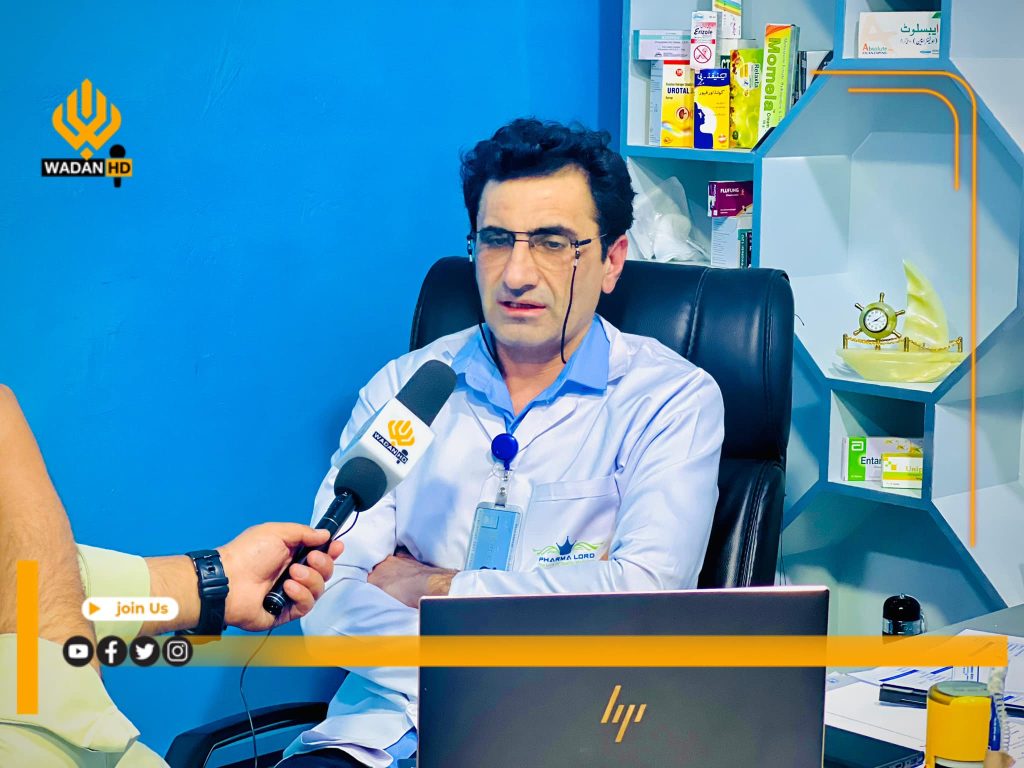
Laji Philosophy:
The Laji Philosophy integrates various deep and interconnected principles aimed at holistic well-being. Each of these philosophical aspects represents a foundational approach to life, health, and personal development, emphasizing balance, growth, and harmony in all areas of existence. Let’s explore each of the ten philosophical pillars that make up the Laji Philosophy:
1. One-Word Philosophy
This principle emphasizes the importance of simplicity and unity in understanding the essence of life. It suggests that all aspects of existence can be understood through one word, a core idea or truth that transcends complexity.
Interpretation: In the context of health and well-being, this could mean that all actions, thoughts, and philosophies can be rooted in a single, unifying principle of balance, health, or interconnectedness. The world is seen as a unified system where everything is interconnected and should work toward the same greater good.
2. Healing Philosophy
This philosophy focuses on the idea that healing is a holistic process, involving not only the physical body but also the mind, emotions, and spirit. Healing is seen as a comprehensive return to balance, where all parts of an individual (body, mind, and soul) work together in harmony.
Interpretation: Healing is a continuous process that includes mental, emotional, and social health in addition to physical well-being. Practices like RMA technology, which incorporate self-awareness, mindfulness, and holistic treatments, are key components of this philosophy.
3. Continuous Philosophy
Life and health are seen as dynamic and ever-evolving processes. This philosophy teaches that growth and healing are not static achievements but lifelong journeys. Continuous improvement, self-reflection, and adaptation are vital to sustaining long-term well-being.
Interpretation: The continuous philosophy encourages individuals to always strive for betterment, to never be complacent in their growth, and to remain open to new ways of healing and personal development. It emphasizes that improvement is a journey, not a destination.
4. The Philosophy of Peace
Peace is seen as the cornerstone of a balanced and healthy life. This principle emphasizes inner peace, peace with others, and peace with the world. To achieve peace, one must first cultivate inner tranquility and a sense of balance, which then radiates outwards.
Interpretation: Peace is not merely the absence of conflict, but the presence of harmony. By focusing on mental, emotional, and physical balance, individuals can contribute to a more peaceful world. Inner peace also relates to the ability to maintain balance and health amid external challenges.
5. The Philosophy of Love
Love is the central force that binds all things together. In this philosophy, love is not just an emotional feeling but a foundational aspect of health, well-being, and personal growth. Love here represents compassion, empathy, self-love, and the nurturing of others.
Interpretation: Self-love is seen as the first step toward extending love to others. By developing a deep understanding and appreciation of oneself, individuals can form healthier relationships and contribute to a more compassionate world. This principle also highlights the transformative power of love in healing.
6. The Philosophy of Positive Links
This principle focuses on the importance of fostering positive relationships and connections. Positive links are the supportive, nurturing, and constructive connections we make with others, which contribute to our overall well-being.
Interpretation: Building and maintaining positive links (relationships) is crucial for mental and emotional health. This could include family, friends, and community members who uplift and support us. Positive connections help individuals navigate life’s challenges, providing support, encouragement, and love.
7. The Philosophy of Motherhood
Motherhood, whether biological or metaphorical, is about nurturing, care, and responsibility. This principle encourages individuals to adopt a nurturing attitude towards themselves, others, and the world, much like a mother care for her child.
Interpretation: Motherhood symbolizes the responsibility to care for oneself and others. It can also represent the duty to protect, nurture, and support the collective health of the community and the environment. In a broader sense, this philosophy urges individuals to take responsibility for their well-being and that of the world around them.
8. Step-by-Step Growing Philosophy
Growth is a gradual process. This principle highlights the importance of patience, persistence, and consistent effort toward improvement. Personal and collective growth happens through incremental steps, and it is important to honor each step in the journey.
Interpretation: Progress is not instantaneous. This philosophy teaches that every small step counts toward personal development, emotional healing, and physical health. By focusing on consistent, incremental improvement, individuals can achieve lasting, meaningful change.
9. The Philosophy of the Five Senses
The five senses—sight, hearing, touch, taste, and smell—are essential tools for connecting with the world and understanding oneself. This philosophy emphasizes the therapeutic use of the senses for healing and growth.
Interpretation: The senses can be used to promote self-awareness and emotional healing. For example, sound therapy for relaxation, aromatherapy for emotional balance, or mindful eating practices to reconnect with the body. By engaging the senses fully, individuals can experience a deeper connection to themselves and the world, aiding in their overall well-being.
Summary and Interconnection:
The Laji Philosophy is a holistic and multi-dimensional framework that addresses every aspect of a person’s well-being—physical, mental, emotional, and spiritual. It integrates a range of practices, principles, and values aimed at promoting balance, health, and personal growth. The ten philosophies are interrelated and work together to guide individuals toward a harmonious life. Each philosophy offers a unique lens through which to understand health, but they all share the core value of interconnectedness and balance.
Holistic Approach: These philosophies combine to form a comprehensive approach to health, encouraging individuals to heal and grow in every dimension of their being.
Continuous Improvement: The emphasis on continuous growth and step-by-step development fosters patience and persistence in personal evolution.
Unity and Balance: Peace, love, and positive connections are foundational to well-being, encouraging individuals to contribute to the greater good through compassionate actions and relationships.
The Laji Philosophy thus provides a broad, yet integrated, framework for cultivating personal growth, harmony, and universal health. By focusing on deep introspection, consistent development, and balanced living, individuals can achieve lasting well-being and contribute to a healthier, more compassionate world

